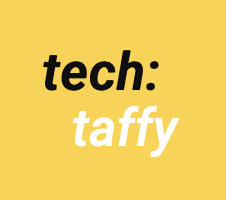Scrum is an Agile project management framework that helps teams develop and deliver high-quality products and services more effectively and efficiently. It is a lightweight, iterative approach that emphasizes collaboration, adaptability, and continuous improvement.
Scrum is commonly used in software development, but it can also be applied to other fields where teams work together on complex projects.
Scrum is built around a few key roles, artifacts, and events:
- Roles:
- Scrum Master: Facilitates the Scrum process, ensures the team follows Scrum practices, and helps remove any obstacles the team may face.
- Product Owner: Represents the voice of the customer, prioritizes the product backlog, and communicates the project vision to the team.
- Development Team: A self-organizing group of professionals responsible for designing, building, and delivering the product increments.
- Artifacts:
- Product Backlog: A prioritized list of features, enhancements, and bug fixes that need to be addressed in the project, maintained by the Product Owner.
- Sprint Backlog: A list of tasks that the development team commits to completing during a single sprint.
- Increment: A potentially releasable piece of the product that results from the work completed during a sprint.
- Events:
- Sprint: A time-boxed period (usually 2-4 weeks) during which the team works on a specific set of tasks from the product backlog.
- Sprint Planning: A meeting at the beginning of each sprint where the team decides which items from the product backlog will be addressed during the sprint.
- Daily Scrum (or Stand-up): A short, daily meeting where team members discuss their progress and any obstacles they are facing.
- Sprint Review: A meeting at the end of each sprint where the team demonstrates the completed work and gathers feedback from stakeholders.
- Sprint Retrospective: A meeting after the Sprint Review where the team reflects on the sprint and identifies areas for improvement.
Scrum provides a structured yet flexible approach for teams to collaborate, manage work, and continuously improve their processes and practices, enabling them to deliver valuable products and services more effectively.
